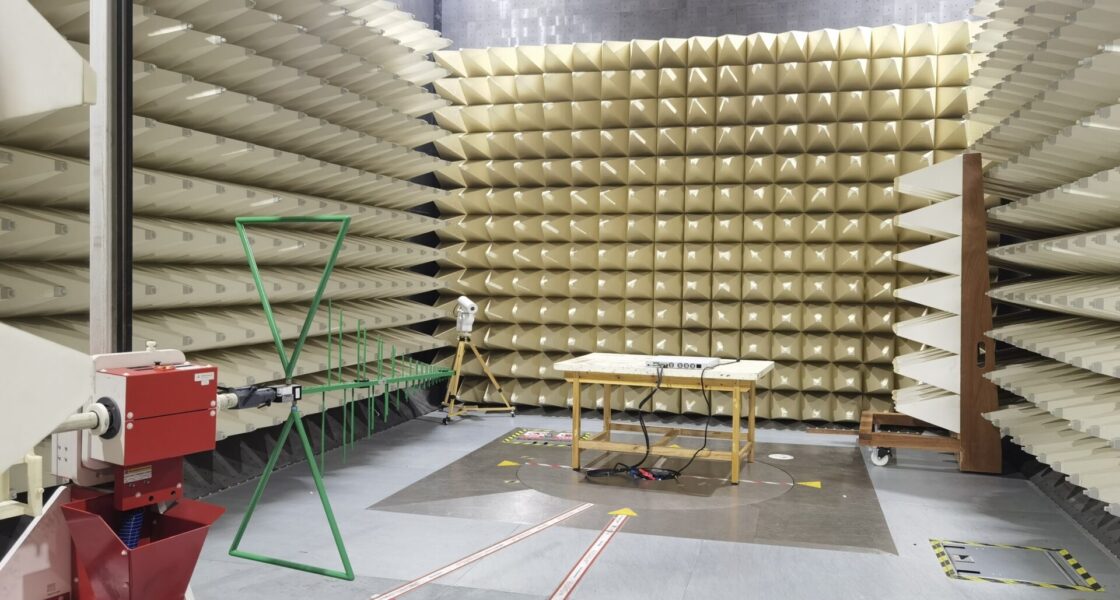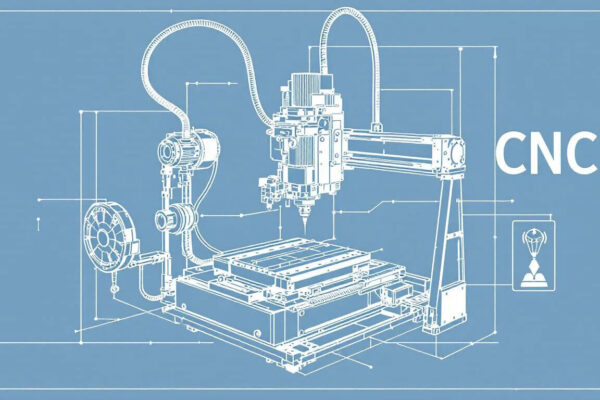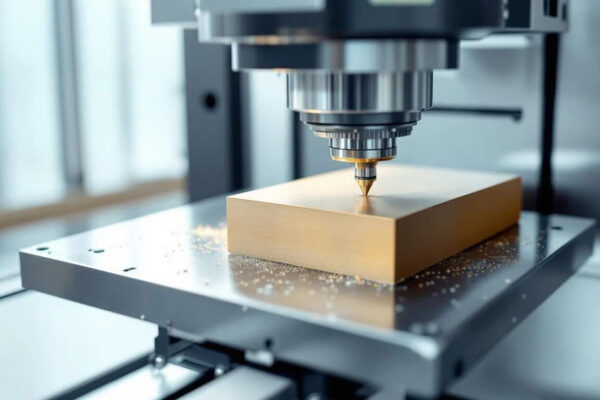In today’s competitive market, organizations rely on advanced testing methods, robust safety standards, and well-planned global expansion to support quality, compliance, and growth. From materials validation to managing rapid decompression events, engineering teams must balance innovation with reliability.
The Role of Materials Testing Laboratories
Materials testing laboratories are essential for industries such as aerospace, automotive, and energy. They perform critical activities including tensile testing to characterize material strength and non-destructive testing (NDT)/inspection to verify quality without damaging components.
These tests help define acceptance criteria, reduce technical risk, and can increase customer confidence by providing objective data.
Safety Risks: EMP, Depressurization, and Decompression
An electromagnetic pulse (EMP) is a burst of electromagnetic energy that can disrupt or permanently damage electronic systems. As a result, EMP resilience is a key consideration in defense, aerospace, and energy applications.
Similarly, sudden pressure changes pose significant safety risks. In aviation, rapid decompression refers to a sudden loss of cabin pressure. In pressurized industrial systems, rapid depressurization can impose severe loads on equipment. Across sectors, organizations invest in simulations, protection measures, and documented safety standards to mitigate these hazards and protect both equipment and people.
The Human Factor: Quality Assurance Specialists
While advanced equipment and laboratories are indispensable, human expertise remains a cornerstone of reliability. Quality assurance (QA) specialists oversee testing programs, ensure conformity with international standards, and verify that results meet defined acceptance criteria with complete and traceable documentation.
Market Growth and Global Expansion
As regulatory frameworks grow more complex, demand for global market expansion support continues to increase. Scaling successfully requires compliance with local standards, safety rules, and test requirements. Combining regulatory expertise with market-entry strategy enables businesses to expand responsibly while maintaining consistent quality.
Innovation in Energy Systems
In the energy sector, companies leverage testing and inspection technologies to improve sustainability, efficiency, and system resilience — from renewable integration and grid components to advanced energy storage and power electronics. Rigorous verification helps translate new ideas into dependable, long-lived solutions.
Conclusion
From laboratory testing and tensile procedures to EMP resilience and pressure-related safety, modern engineering couples rigorous verification with thoughtful global expansion. Supported by NDT, QA expertise, and compliant safety standards, organizations can enhance safety, reliability, and international readiness as they innovate.




